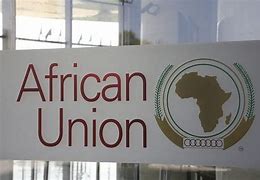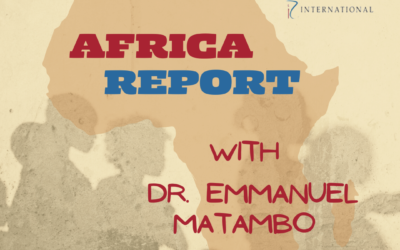
Staff Writer
A group of international lawyers, researchers, and activists today filed a complaint with the African Commission on Human Rights seeking the revocation of Israel’s observer status at the African Union. Tel Aviv was granted observer status in July, following this revocation in 2002 when the Organisation of African Unity was collapsed to form the African Union. Tel Aviv has sought African partners in light of the growing opposition to its treatment of Palestinians amongst European Union states and Nordic Countries. Israel also sees in Africa a market for its military hardware, especially in a context where much of the continent remains under the control of dictators. The now previous Netanyahu administration despatched large sums of economic, military and agricultural aid and investment on the continent in an attempt to gain observer status in the African Union and more importantly break the continent’s bloc voting pattern in relation to resolutions at the United Nation’s General Assembly. Netanyahu visited Africa in 2016, becoming the first Israeli Prime Minister since Levi Eshkol in the 1960s to visit the continent, and was invited to speak at a summit of the 15 Economic Community of West African States (ECOWAS) meeting in 2017, making him the first leader from outside the continent to address the bloc.
South Africa, Algeria, Botswana and Namibia have vehemently opposed the granting of observer status to Israel. Further, lawyers, researchers and former politicians have formed coalitions to lobby for the revocation of this.
Speaking to Radio Islam International, Nadim Mohamed, a lawyer with the coalition which filed the complaint, argued that a first step in filing it was to find out the various processes and procedures followed in granting Israel observer status, what he called ‘discovery’. “As part of our investigation, what we did was to seek discovery. Discovery being, was there a voting system? Was there a setting? in that setting, which member states were present, and if there were member states, was there any motion passed, and the nature of this motion?”
Mr Mohamed also pointed out that the filing sought to seek a remedy from the court, stating that the commission’s ruling was in contravention of the goals of the African Union and not representative of the views of African citizens.
Mr Mohammed also acknowledged that public opinion needed to be harvested to highlight the report and that this was required to ensure its success. “The African union and the African commission have in the past specifically, in respect of dockets that we have lodged with them, quite simply just postponed and postponed the hearing. the sitting, the annual sitting more the specific sitting that they would ordinarily vote at [and/or] something of this nature. we’ve done something different [and] made sure that media houses around the world, social media Around the world, activists on social media with somewhere in the region of eight to 10 million followers have got this document. We compiled the document into a soft copy link and we’ve uploaded that link, and really that’s the only way we’re going to be able to put substantial pressure on the commission.”
The commission has acknowledged receipt of the complaint, which was filed with them on the 16 September. Further, observer status does not grant the country voting rights, but lobbying power, and has a more moral and morale impact than practical power. Tel Aviv will now be able to provide evidence at the commission, can be requested to testify at in support of its position, and will be present at the commission’s proceedings, but remains not able to vote.
Israel continues to occupy East Jerusalem, the West Bank and Gaza, and regularly discriminates against Palestinian citizens of Israel. It has refused the right of return to over 6 million Palestinians, who were forced out during its war of independence. Further, its new Prime Minister, has represented Israeli settlers, refused to support the establishment of a Palestinian state, and once bragged about the number of Palestinians he killed.
The latest Israeli offensive in May killed over 200 Palestinians, most being civilians. Moreover, Tel Aviv has stalled electoral processes in Palestine, continues to support the increase in settlement building in Palestinian territory, and continues to insist on Jerusalem as being its undivided capital in contravention of UN resolutions 194 and 242.







0 Comments